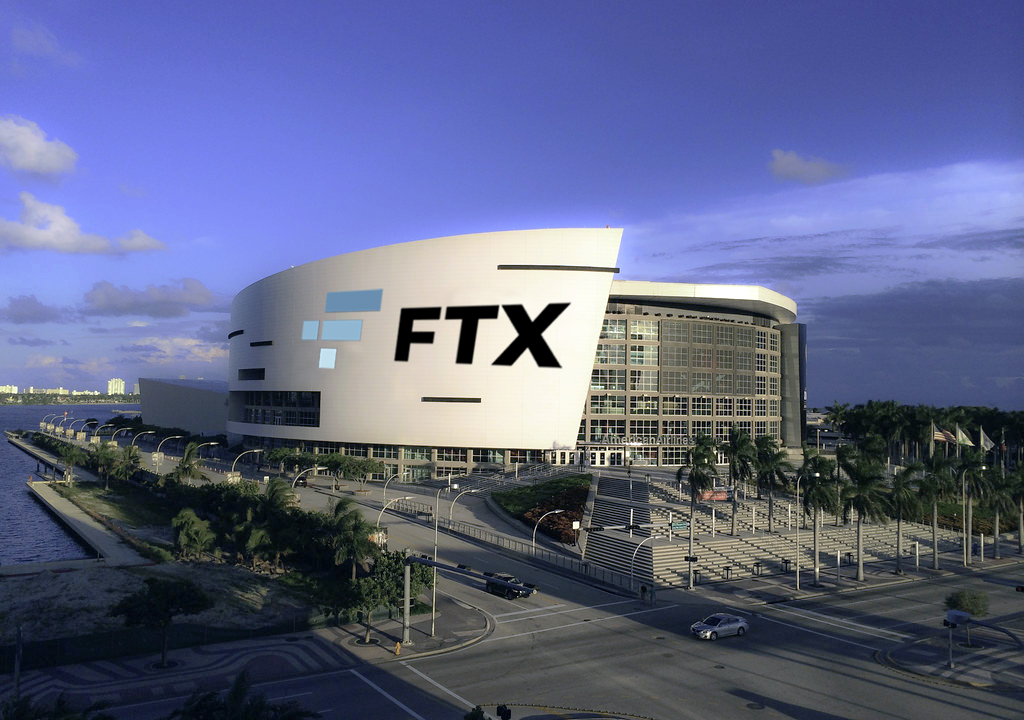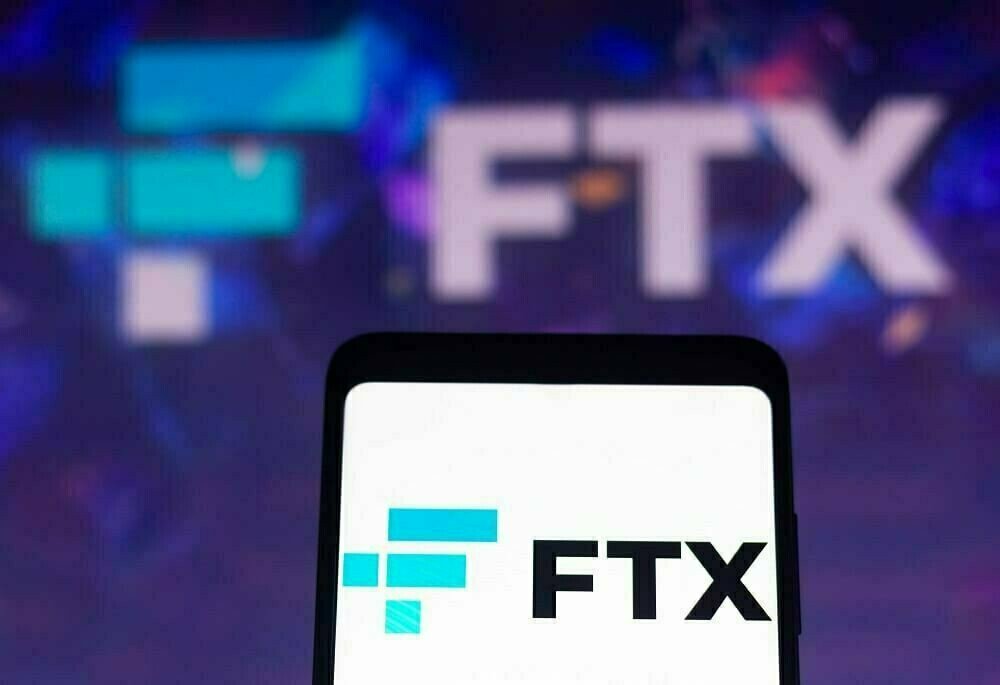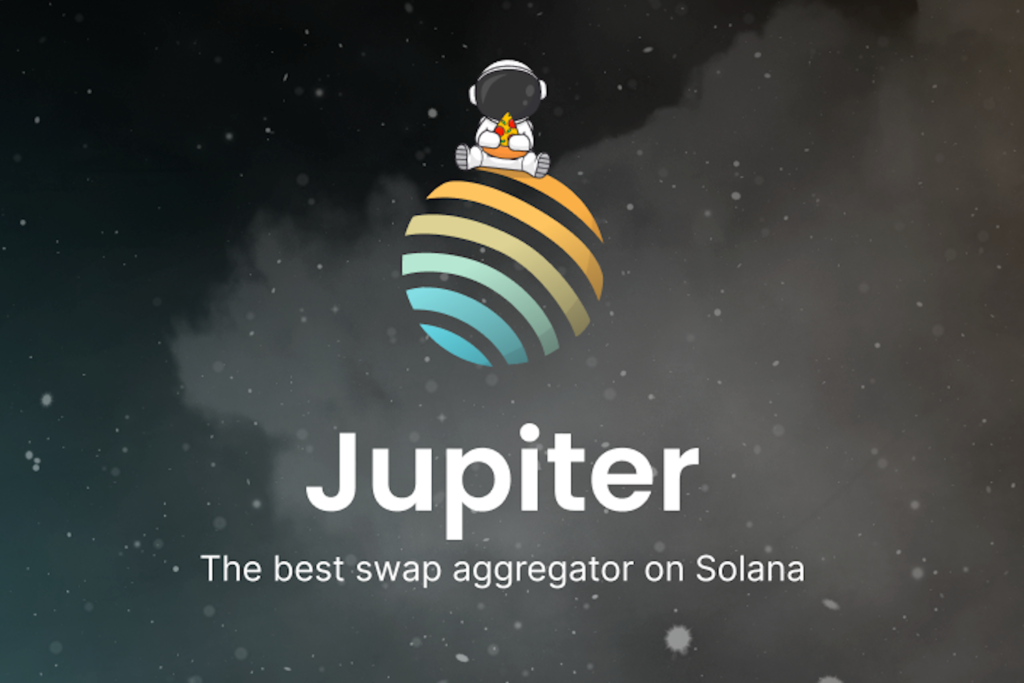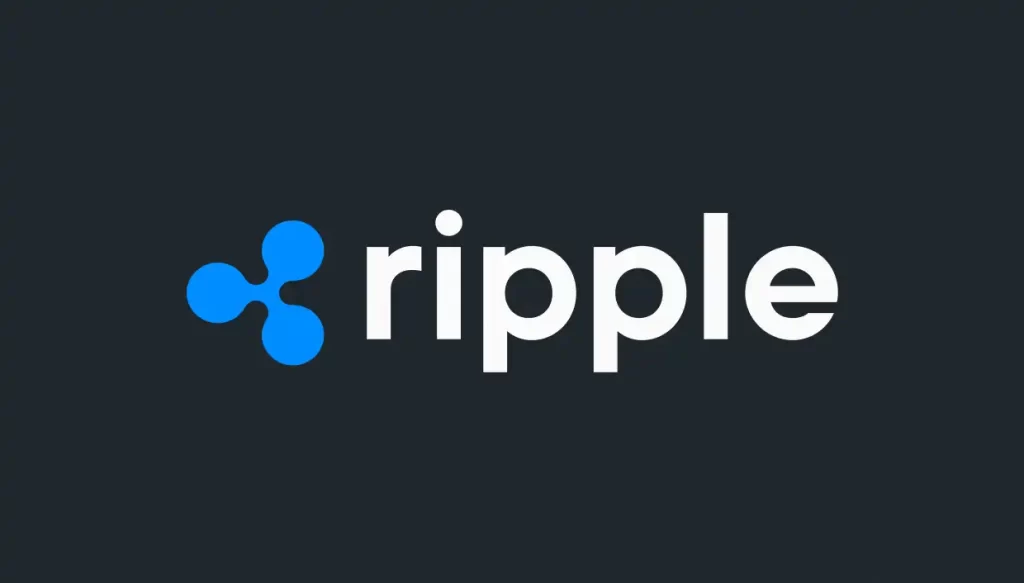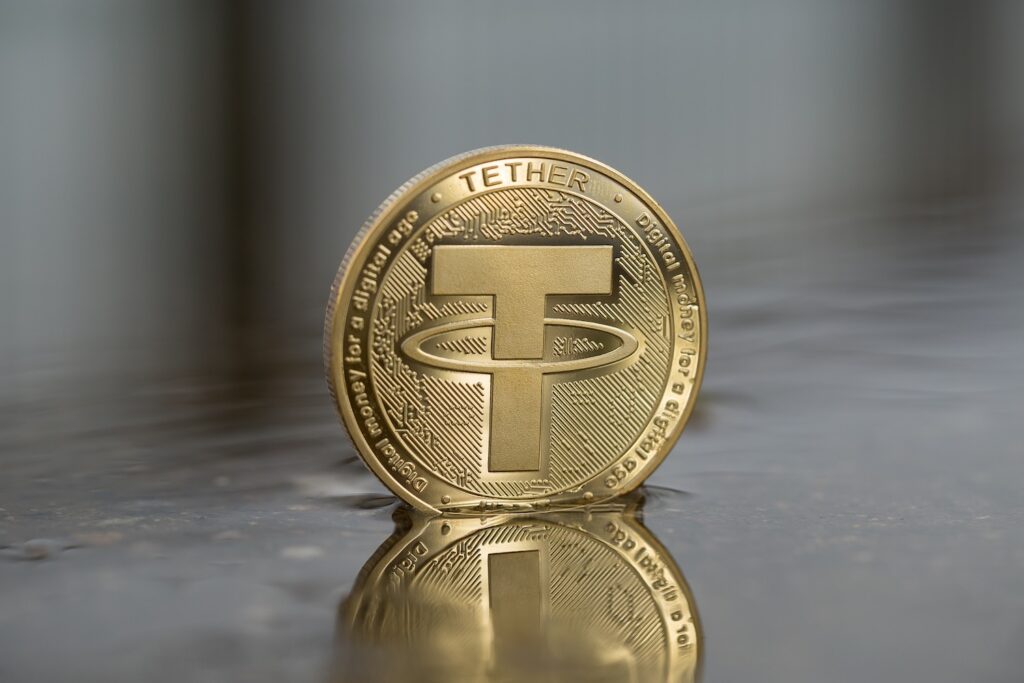Bankrupt cryptocurrency exchange FTX has made a request to the United States Bankruptcy Court for the District of Delaware, seeking approval to liquidate its entire ownership in the artificial intelligence (AI) company, Anthropic.
This move follows a series of financial troubles that have plagued FTX in recent times, leading to the bankruptcy filing.
The ownership stake in Anthropic, consisting of Series B preferred stock and associated rights or interests, was originally held by Alameda Research, a sister company of FTX.
It was revealed that Sam Bankman-Fried, FTX’s former CEO, had invested approximately $530 in Anthropic back in April 2022.
This investment was notably sourced from customer deposits on FTX, a fact disclosed during Bankman-Fried’s legal trial in October 2023.
At the time of Anthropic’s Series B funding round closure in April 2022, Alameda Research held a substantial 13.56% ownership stake.
However, subsequent funding rounds diluted their participation, leaving them with a reduced stake of 7.84% as of January.
READ MORE: Crypto Trading Course Instructor Faces SEC Charges for $1.2 Million Hedge Fund Deception
Remarkably, Anthropic’s valuation had surged to $18 billion by December 2023, making Alameda’s remaining stake worth an estimated $1.4 billion.
FTX is also pursuing an expedited review process for its sale motion, aiming for a resolution during the upcoming bankruptcy court meeting scheduled for February 22.
This flexibility in the sale timeline is seen as a means to capitalize on potential demand for Anthropic’s equity securities, which may arise from future financing rounds.
This divestment from Anthropic is a crucial part of FTX’s efforts under new management to recover funds and fulfill its commitments to customers and creditors.
The exchange’s legal representative, Andy Dietderich, affirmed that FTX possesses the potential to fully reimburse its users and creditors, eliminating the need for plans to relaunch the exchange.
In a related development, FTX filed a similar motion on February 1, seeking approval to sell a $175 million claim against the bankrupt digital financial services firm, Genesis Global Capital.
These strategic moves underscore FTX’s determination to resolve its financial predicament and meet its obligations in an efficient manner.

